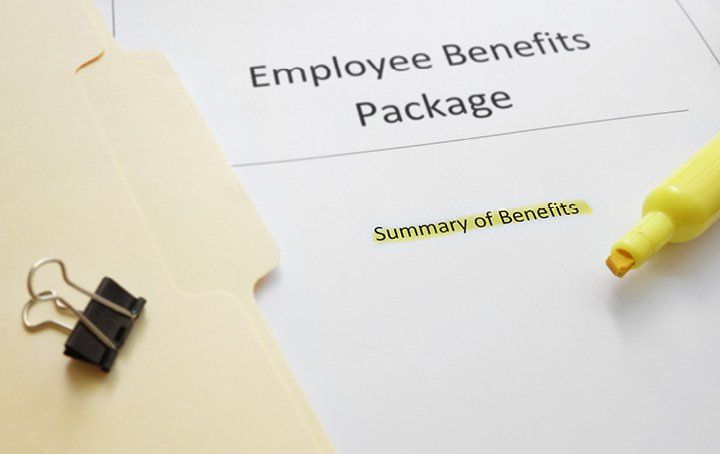FBT - Car Parking - Primary Place of Employment

The FBT ruling on car fringe benefits has finally been updated to include changes to address the concept of primary place of employment as a result of the Full Federal Court's decision in FCT v Virgin Australia Regional Airlines Pty Ltd [2021] FCAFC 209. A draft addendum was previously issued by the ATO late last year on the topic and this has now been finalised, largely unchanged from the draft.
Determining the primary place of employment for FBT car parking purposes is important because among other things, benefits are only FBT-able where a car is used by an employee to travel between home and their primary place of employment and is then parked at or in the vicinity of that primary place of employment.
In FCT v Virgin Australia Regional Airlines Pty Ltd [2021] FCAFC 209, the Full Federal Court determined that the "home base" airport of various flight and cabin crew was their primary place of employment and this was the case even on days when the employee did not attend the home base airport at all. As a result, it found that car parking benefits were provided as the employees' cars were parked at, or in the vicinity of, the primary place of employment. Hence, FBT would be payable by the company for providing the car parking.
Previously to that decision, the Federal Court had determined that where employees operated on only one aircraft during the day, that aircraft was their primary place of employment, and where employees operated on more than one aircraft during the day, then they had no primary place of employment. Thus, with no primary place of employment or a primary place of employment on an aircraft, any car used by the employee would not be parked in the vicinity and no FBT was payable by the company.
The updated ruling now states an employee's primary place of employment on a particular day will either be:
- the business premises of an employer which are, or were, the "sole or primary place of employment of the employee"; or
- the business premises of an employer that are, or were, "otherwise the sole or primary place from which, or at which the employee performs duties of his or her employment".
A broad test of primary place of employment has been used in this context, and primary has been given its ordinary meaning of first or highest in rank or importance, chief, principal. Considerations of whether a place is an employee's primary place of employment may include the place at which duties are performed, and the place which is primary to the employee's conditions of employment as contained in employment contracts and/or industrial instruments (ie rostering, allowances, and car parking entitlements).
Specifically, the update confirms that where an employee's conditions of employment indicate that a particular business premises are primary to their employment, those premises may satisfy the definition of primary place of employment even if the employee performs duties principally at another place on a particular day.
In addition, where an employee performs duties from, or at, more than one business premises on a day, the employee's primary place of employment may be identified through a quantitative and qualitative analysis of the duties performed from, or at, the different business premises. This updated ATO view applies both before and after its date of issue, so employers will need to take care, in particular when preparing for the end of the 2022-23 FBT year.
Need help?
The end of the 2022-23 FBT year is fast approaching and now is the time to start the preparatory processes, including gathering information on the types of benefits provided and familiarising yourself with the record-keeping requirements. If you need help to prepare your FBT return or general advice on the changes to car parking benefits, contact us today.
Please note that many of the comments in this publication are general in nature and anyone intending to apply the information to practical circumstances should seek professional advice to independently verify their interpretation and the information’s applicability to their particular circumstances. Should you have any further questions, please email us at RGA Business and Tax Accountants at reception@rgaaccounting.com.au . All rights reserved. Brought to you by RGA Business and Tax Accountants. Liability Limited by a scheme approved under Professional Standards Legislation















